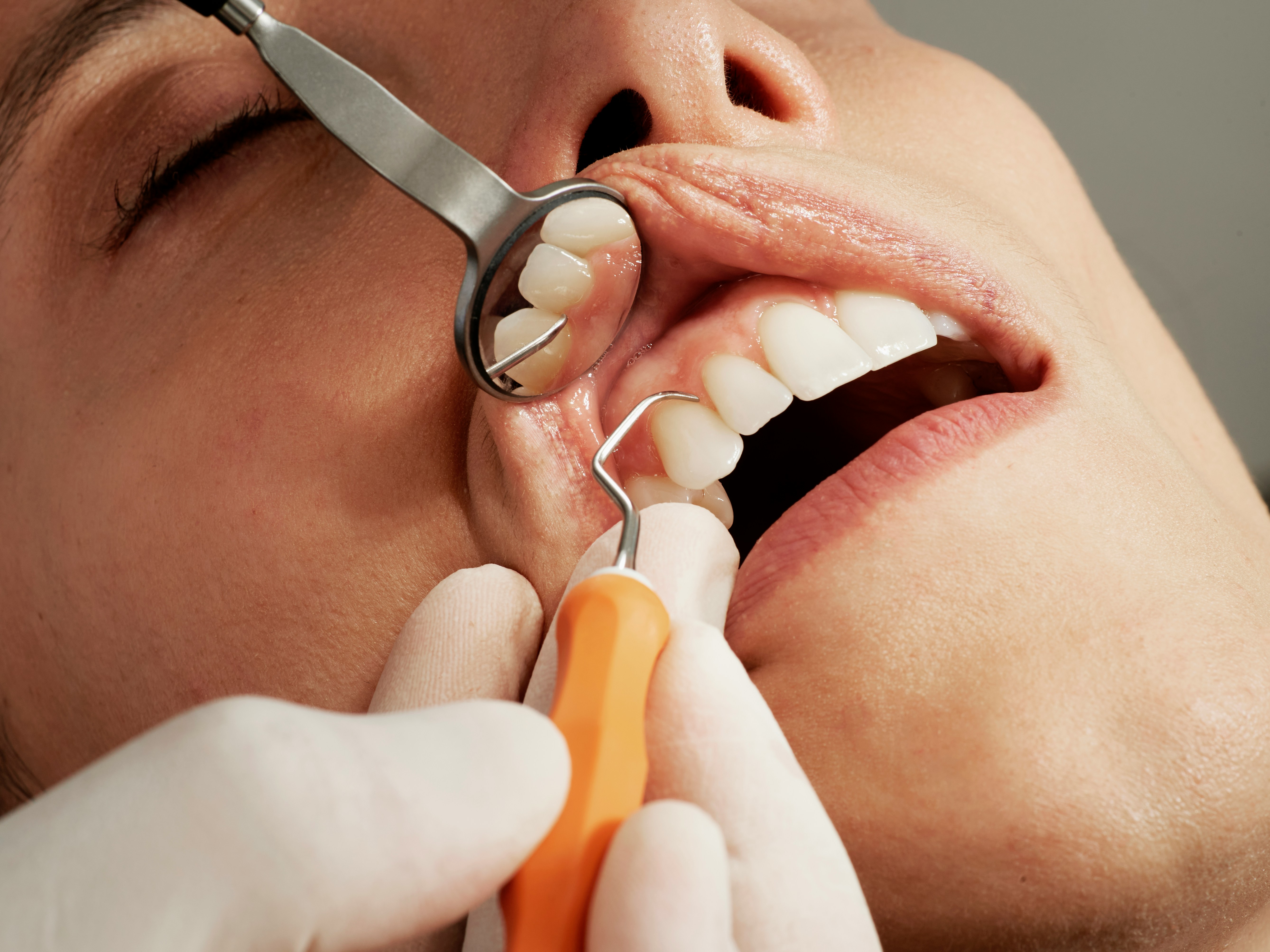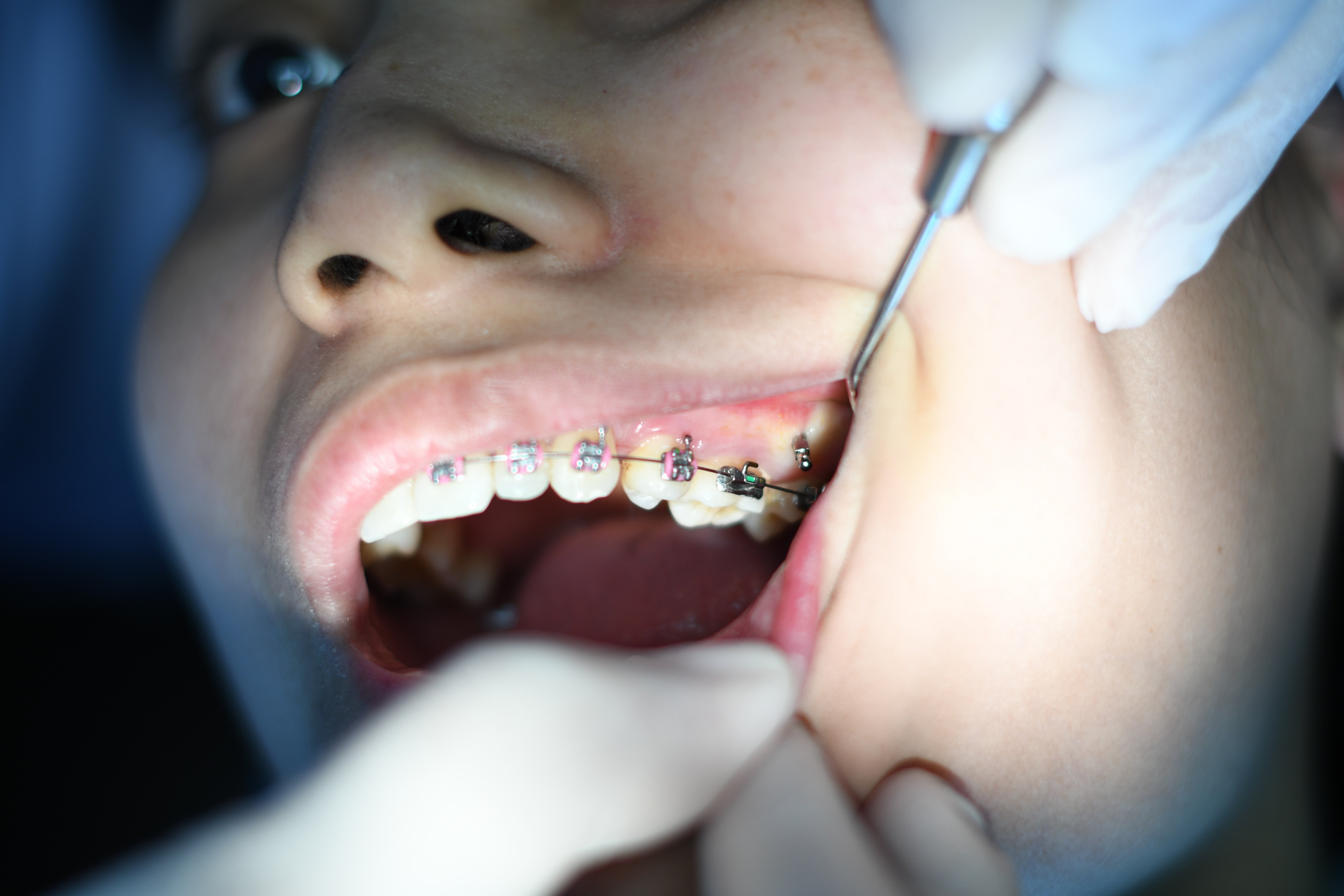Discover what happens during a dental exam and how to prepare for a successful visit with our comprehensive dental exam checklist.
Understanding the Importance of Regular Dental Exams
Regular dental exams are vital for maintaining good oral health. During these exams, dentists can identify and address any potential issues before they become major problems. They can spot early signs of tooth decay, gum disease, and oral cancer, allowing for prompt treatment and prevention of further complications. Dental exams also include thorough cleanings, which help remove plaque and tartar buildup, reducing the risk of cavities and gum disease. By attending regular dental exams, you can ensure the long-term health of your teeth and gums.
Additionally, regular dental exams are essential for monitoring any existing dental work, such as fillings, crowns, or implants. Dentists can check the integrity of these restorations and make any necessary adjustments or repairs. Overall, understanding the importance of regular dental exams is crucial for maintaining a healthy and beautiful smile.
Preparing for Your Dental Exam
To make the most of your dental exam, there are a few things you can do to prepare. First, gather any relevant dental records, such as x-rays or previous treatment plans, and bring them with you to the appointment. This will help your dentist have a comprehensive understanding of your oral health history. Next, make a list of any concerns or questions you may have, so you can discuss them with your dentist during the exam.
It's also important to practice good oral hygiene before your dental exam. Brush your teeth thoroughly and floss to remove any food particles or plaque. This will ensure a clean and accurate examination. Lastly, arrive on time for your appointment and be prepared to provide your dentist with any updates on your medical history or medications you may be taking. By following these preparation steps, you can have a successful and productive dental exam.
What to Expect During a Dental Exam
During a dental exam, your dentist will perform a comprehensive evaluation of your oral health. This typically includes a visual examination of your teeth, gums, and mouth, as well as a series of diagnostic tests. Your dentist may use tools such as a dental mirror, probe, and x-rays to assess the condition of your teeth and identify any potential issues.
Your dentist will check for signs of tooth decay, gum disease, oral cancer, and other dental problems. They will also evaluate your bite and jaw alignment. If necessary, they may recommend additional treatments, such as fillings, root canals, or periodontal therapy. Your dentist will explain their findings and discuss any necessary treatments or preventive measures.
In addition to the examination, dental cleanings are typically performed during the same visit. A dental hygienist will remove plaque and tartar from your teeth, polish them, and provide oral hygiene instructions. This thorough cleaning helps prevent cavities, gum disease, and bad breath. Overall, a dental exam is a comprehensive evaluation of your oral health and an opportunity to address any concerns you may have.
Common Dental Issues and Treatments
During a dental exam, your dentist may identify common dental issues that require treatment. These can include tooth decay, gum disease, tooth sensitivity, and oral infections. Depending on the severity of the issue, your dentist may recommend various treatments.
For tooth decay, treatments can range from simple fillings to more extensive procedures such as dental crowns or root canals. Gum disease may require scaling and root planing, antibiotic therapy, or in severe cases, surgical intervention. Tooth sensitivity can be managed with desensitizing toothpaste, fluoride treatments, or dental bonding. Oral infections may require antibiotics or other medications.
It's important to address these dental issues promptly to prevent further damage and complications. Your dentist will discuss treatment options with you and create a personalized plan to restore your oral health. By understanding common dental issues and their treatments, you can actively participate in your dental care and make informed decisions.
Maintaining Oral Health Between Dental Exams
While regular dental exams are crucial, maintaining oral health between visits is equally important. Here are some tips to keep your teeth and gums healthy:
- Brush your teeth at least twice a day with fluoride toothpaste.
- Floss daily to remove plaque and food particles from between your teeth.
- Limit sugary and acidic foods and drinks, as they can contribute to tooth decay.
- Avoid tobacco products, as they can increase the risk of oral cancer and gum disease.
- Use mouthwash to rinse your mouth and freshen your breath.
- Stay hydrated and drink plenty of water.
- Visit your dentist regularly for cleanings and check-ups.
By following these oral hygiene practices and maintaining a healthy lifestyle, you can optimize your oral health and minimize the need for extensive dental treatments.


